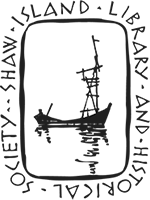Shaw Reads 2025: Sasha taqʷšəblu LaPointe, June 7, 1 p.m. at the Community Building
Deborah Giles, July 26, 11 a.m. at Library Back Lawn
Lisa Levin, August 9, 1 p.m. at the Community Building
Jim Collatz, August 23, 1 p.m. at the Community Building
June 7: Sasha taqʷšəblu LaPointe / Shaw Reads
Community Building, 1 p.m.
Red Paint
The Ancestral Autobiography of a Coast Salish Punk
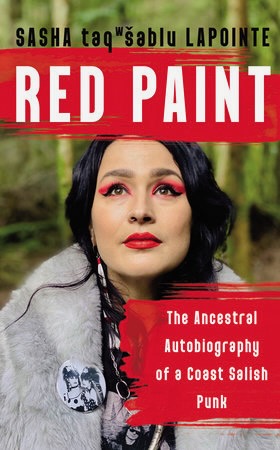
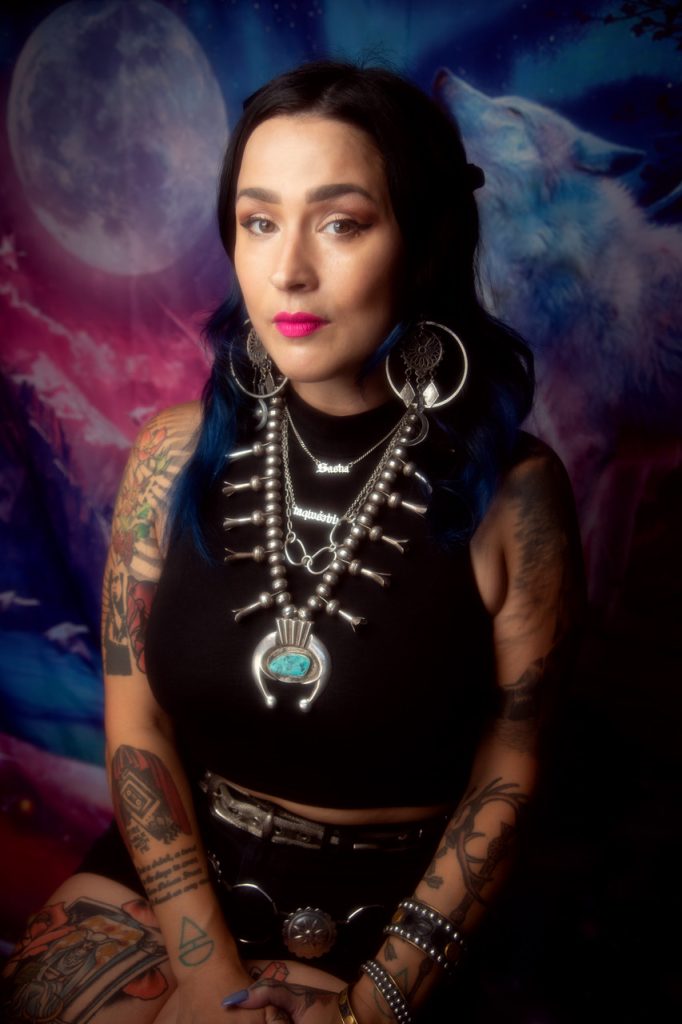
Sasha taqʷšəblu LaPointe is from the Upper Skagit and Nooksack Indian Tribes. Native to the Pacific Northwest, she draws inspiration from her Coast Salish heritage as well as her life in the city. She writes with a focus on trauma and resilience, exploring topics around PTSD, sexual violence, and the work her great grandmother did for Lushootseed language revitalization. She writes about loud basement punk shows and what it means to grow up mixed heritage. Her books include Red Paint: The Ancestral Autobiography of a Coast Salish Punk, Thunder Song and Rose Quartz.
July 26: Deborah Giles
Library Back Lawn, 11 a.m. / SIL&HS Annual Meeting
From Poop to Policy: What Feces Can Tell Us About Health of Southern Endangered Killer Whales
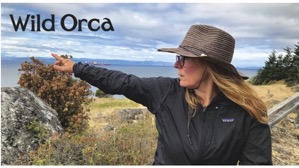
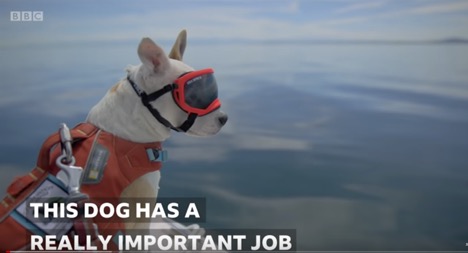
Deborah Giles (she goes by Giles) is Science and Research Director at the non-profit Wild Orca. Her PhD from the University of California Davis focused on the federally listed Southern Resident killer whale. Giles and her team utilize a scat-detection dog to locate floating killer whale scat to monitor the physiological health of Southern Resident killer whales. Giles is also a killer whale scientific adviser for the Orca Salmon Alliance, a program advisor for Killer Whale Tales, and she is the co-founder of the San Juan Island Naturalist Program.
August 9: Lisa Levin
Community Building, 1 p.m.
Deep-Sea Biodiversity Challenges in the 21st Century
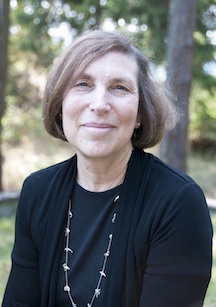
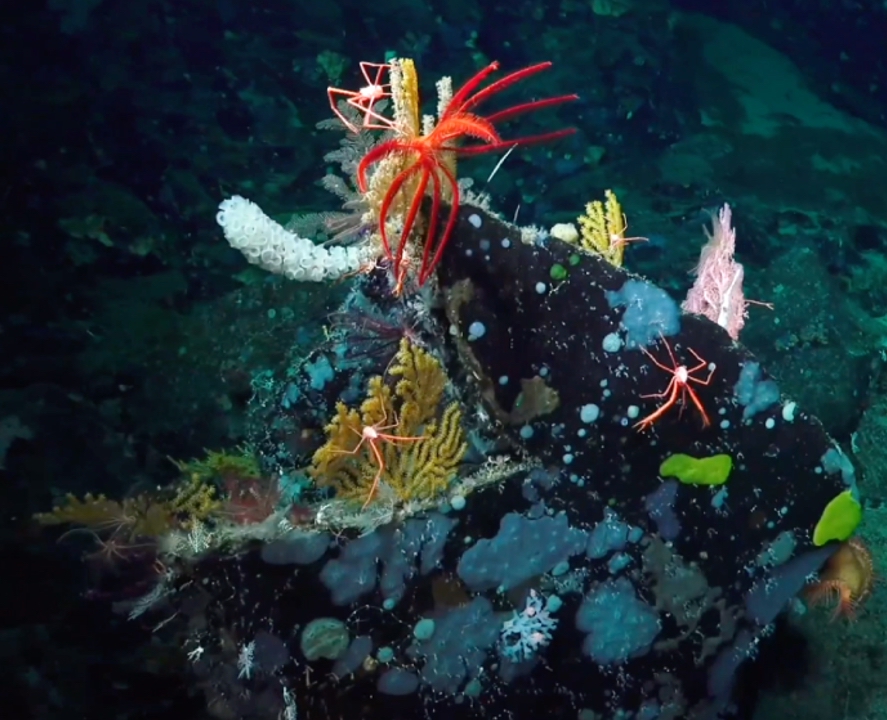
Lisa A. Levin is a Distinguished Professor Emerita at the Scripps Institution of Oceanography. She researches deep-sea biodiversity and the effects of climate change, including oxygen loss, and human activities on deep-sea ecosystems. Dr. Levin has contributed her expertise to multiple global assessments and international policy negotiations.
August 23: Jim Collatz
Community Building, 1 p.m.
The Carbon Cycle: From Globe to Island
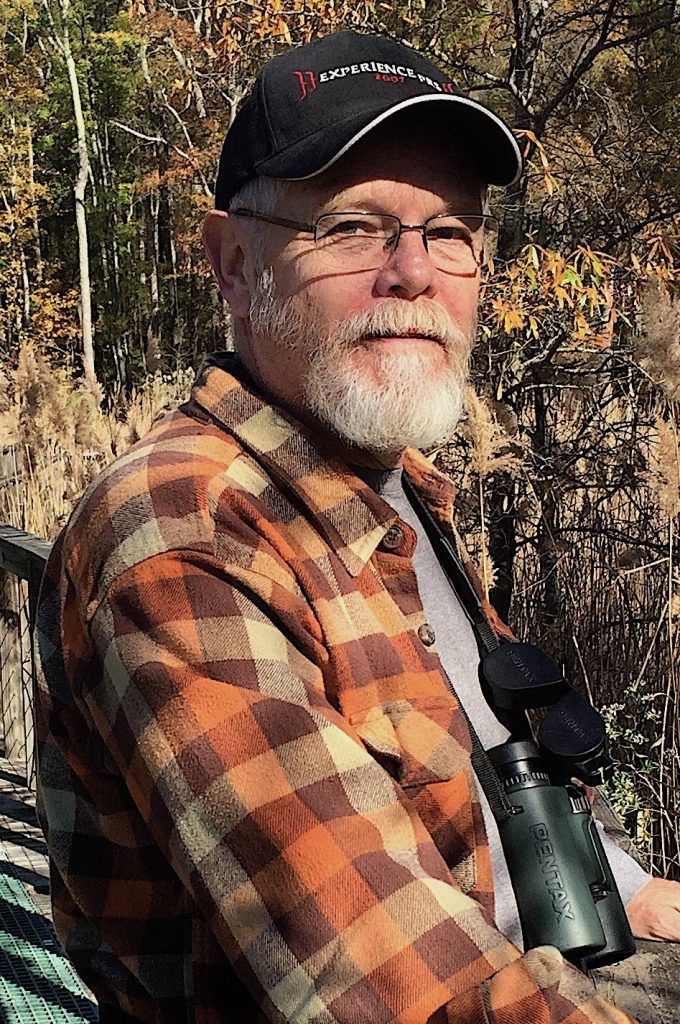
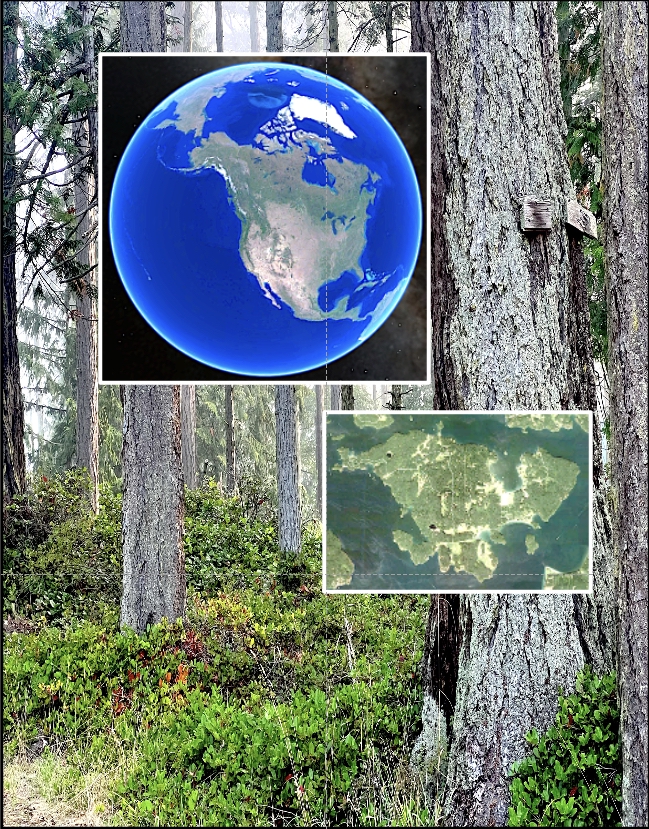
Jim Collatz is a retired ecosystem scientist from NASA, where he and his colleagues studied how the land surface interacts with climate and the carbon cycle. His studies included the effects of land use, wildfire, and regrowth on modern-era changes in atmospheric CO2 and have culminated in over 100 peer-reviewed scientific papers. Jim and his family have been visiting their cabin on Shaw since 1960—four generations so far.
